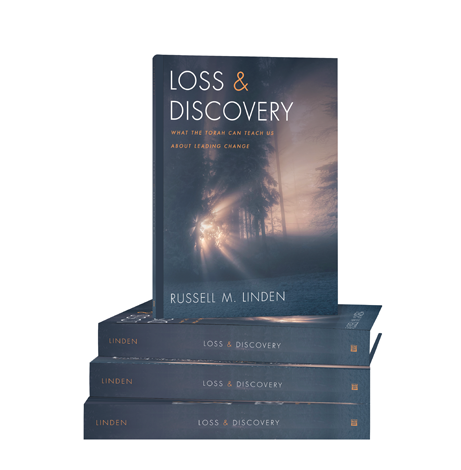
Whether you’re religious or not, the Torah offers timeless lessons for us all today. Why? Because the stories in the Bible are about people trying to lead change amidst continual disruption: massive floods and droughts, political upheaval, lack of trust in leaders and institutions, social justice movements, family dysfunctions, women demanding equal rights. Sound familiar? The book also includes numerous examples of leading change during disruptive times from modern-day leaders like Colin Powell, Ruth Bader Ginsberg, Nelson Mandela, some of our presidents and others. It also draws on current brain research and social science findings that show how we can find many opportunities to innovate during these disruptive times.
(order form at the bottom of the page)
Russ Linden is a leadership educator and author who specializes in organizational change methods. He’s been an adjunct faculty member at the University of Virginia and at the Federal Executive Institute for over 35 years. In 2003 he was the Williams Distinguished Visiting Scholar at the State University of New York (Fredonia) School of Business. His current teaching and consulting interests include leadership lessons from the Torah, collaboration, the human side of change, strategic thinking and acting, developing an agile and resilient culture, and crisis leadership.


Presentation on:
Maintaining Optimism During These Troubling Times.

Valley Beit Midrash Interview. May 11, 2023
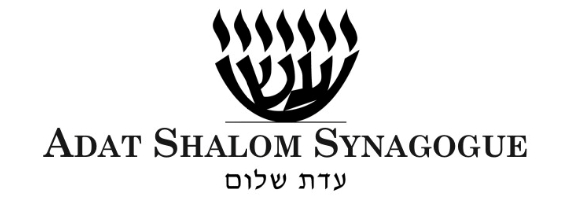
Adat Shalom Synagogue Interview. March 9, 2023
Sarasota Democratic Jewish Caucus

The Paradigm Project. Dec. 5, 2022

Authority Magazine, October 7th, 2022

Conversation with Rabbi Lizzi Heydemann. Founder, Mishkan Chicago. July 21, 2022

Book Review, Charlottesville Daily Progress, June 6, 2022

Interview, Dec. 21, 2021, on the AIB Network in Atlanta.
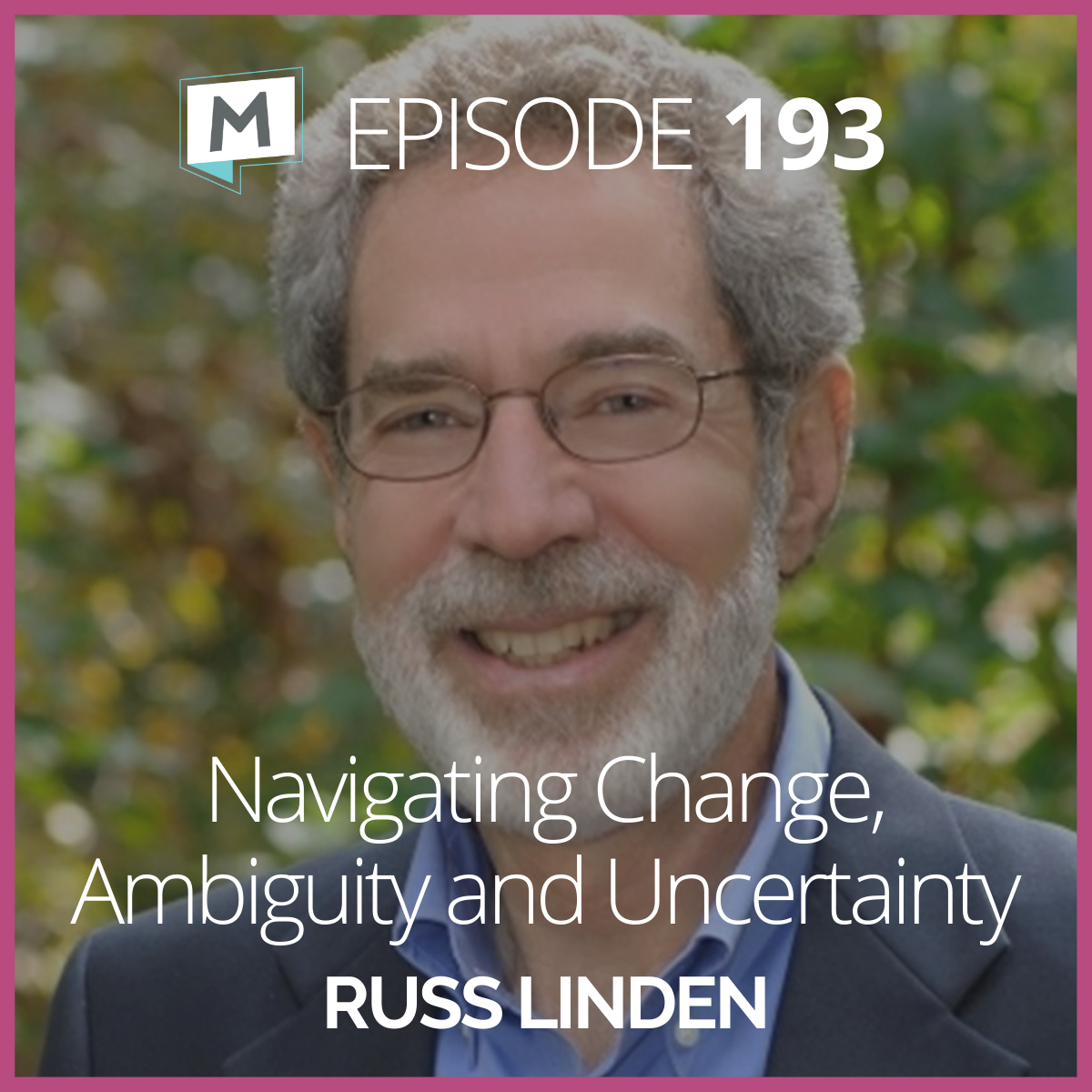
Interview, The Modern Manager, Feb. 1, 2022.

Interview, Christian Coaching Magazine, Jan. 25, 2022

Interview, NPR in Charlottesville, Dec. 1, 2021.

Interview, Valley Beit Midrash, Dec. 6, 2021.

Federal Executive Institute Alumni Association, Interview, December 2021.
Third in a series on unintended consequences.
Asbestos is a mineral that was long used for its heat resistance and insulation properties in the construction of houses and commercial buildings. In the 1970s, when its link to cancer became clear, the government began regulating asbestos. But that was far too late for the estim…
On Feb. 27, 2024, Daniel Gwynn walked out of prison a free man after serving almost 30 years for a crime he didn’t commit. The prosecutors withheld evidence that could have exonerated him. This has happened to countless others, and many of them become hopeless and embittered. Not Daniel Gwynn. He maintained a “light within him” and kept his hopes up despite a prison life he described as “sitting here trapped…



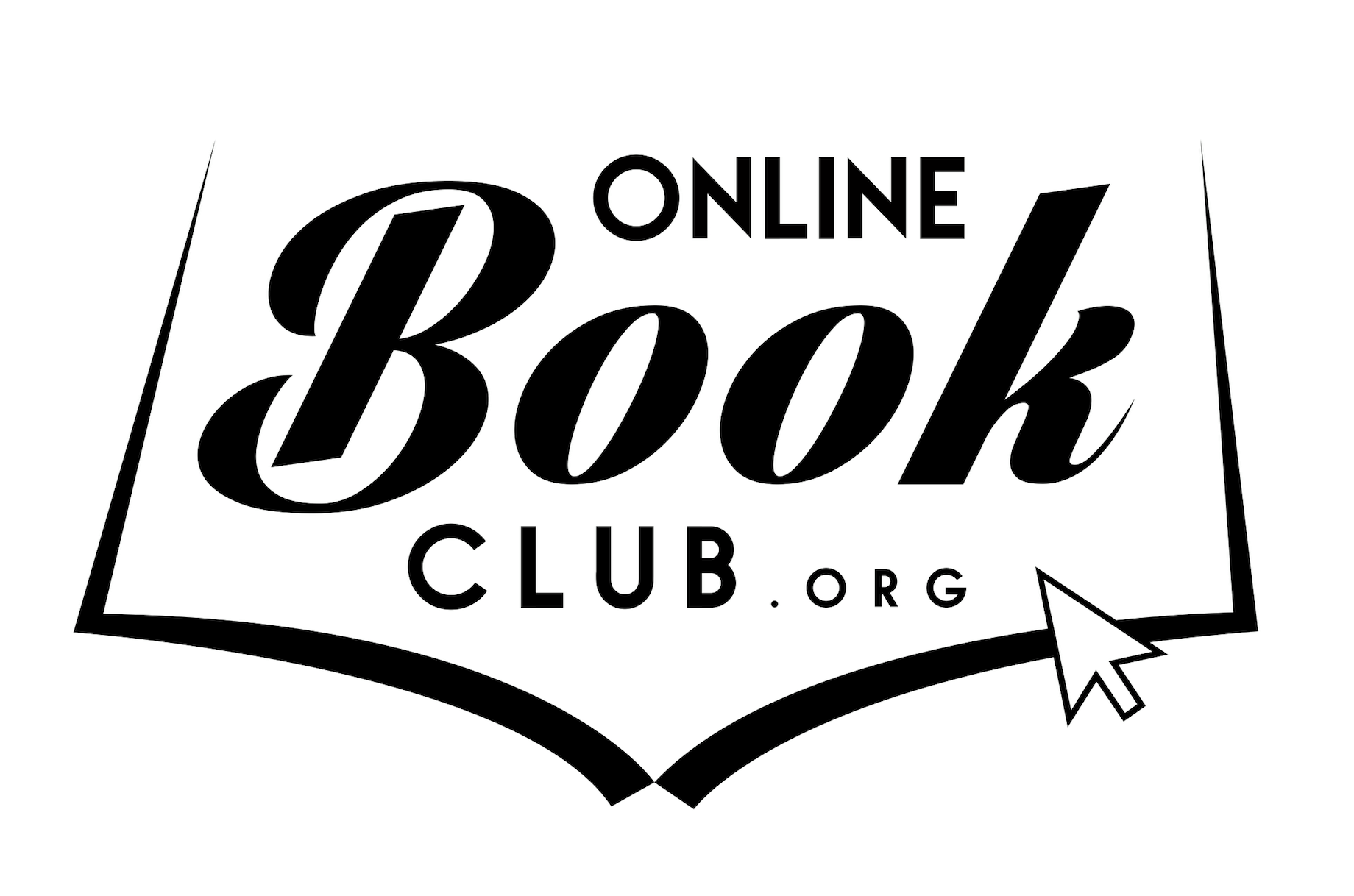
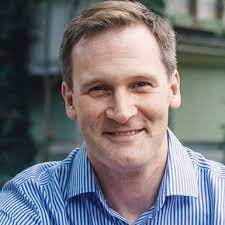
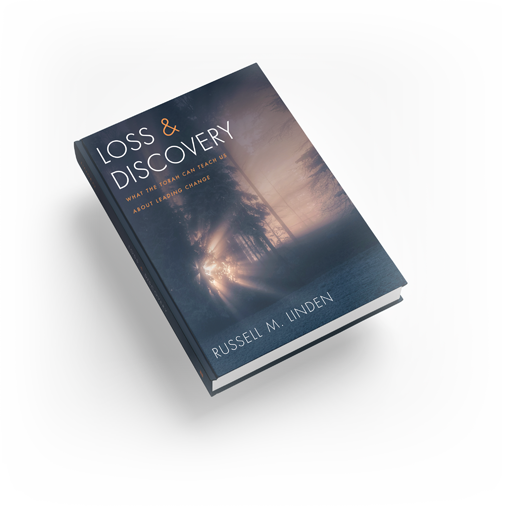
The book is available in the bookstores!
(order form at the bottom of the page)